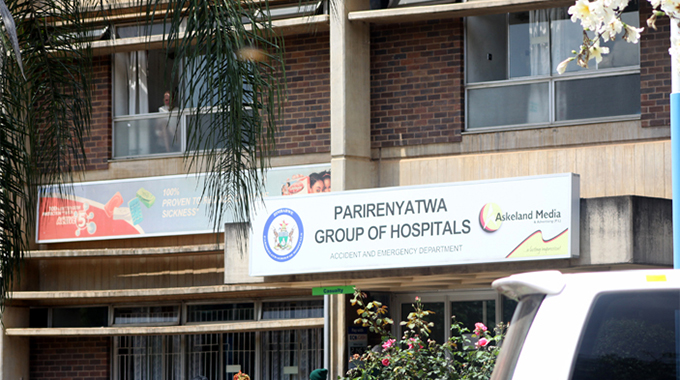ARVs default rate declines
From Paidamoyo Chipunza in Makoni
The rate at which HIV-positive people are defaulting treatment in Makoni District, Manicaland Province, has gone down from an estimated 10 percent to an almost zero percent, health officials in the area have said.Speaking to journalists during a National Aids Council tour on HIV and Aids projects to end Aids by 2030, Namie Clinic Sister-in-Charge, Kudzai Marongedze attributed the decline to a Government programme promoting communities to collect their antiretroviral drugs (ARVs) as a group.
Sister Marongedze said since the introduction of the programme, known as community ART refill groups (CAG) in March 2016, everyone on their register of ARVs was collecting their treatment.
Mr Marongedze said the programme received an overwhelming response from people living with HIV but was still limited to only stable patients who do not require constant monitoring.
“Children below the age of 18 years, pregnant women and those with opportunistic infections are not eligible to be CAG members because they require constant monitoring and should come to the clinic on their own,” said sister Marongedze.
In Manicaland, the programme is running in Makoni, Mutasa and Chipinge districts. Zimbabwe National Network for people living with HIV (ZNNP+) provincial coordinator Mr Lloyd Dembure echoed Sister Marongedze’s sentiments saying elsewhere in the country where the programme was running, defaulting rate had gone down.
Mr Dembure said the programme was being implemented in all rural districts across all provinces in the country.
He said while the programme was impacting positively on adherence to treatment, there was need to increase viral load testing machines to monitor health progress of CAG members.
“What is coming out across all provinces is the need to have more monitoring devices so that we monitor if CAG members are adhering to their treatment and how they are responding to treatment given,” said Mr Dembure.
He said the testing machines were limited, compromising on progress monitoring of one’s condition.
Mr Charles Mushanga, one of the CAG leaders from Fairfield, Makoni hailed the programme saying it also removed stigma and discrimination among people living with HIV.
“We are no longer coming to the clinic frequently as we used to do. We mobilise ourselves from our communities to see if no one is having any illnesses. Should there be any cases of illness, we refer them to the clinic together with a representative who will collect drugs for everyone,” said Mr Mushanga.
He said the initiative has also reduced overcrowding from clinics, allowing members to continue with their day to day activities if its not their turn to collect drugs for everyone and reduces transport costs to and from the clinic.
Government in partnership with different developmental partners is working on increasing treatment adherence to ensure that at least 90 percent of all those on treatment have their viral load suppressed to undetectable levels.
According to scientists, chances of HIV positive people with a low viral load to transmit HIV are limited,which is one of the strategies used to end Aids by 2030.
Although the burden of HIV in the country is going down, the rate of new infections is still high with an estimated 1 000 people getting infected every week







Comments